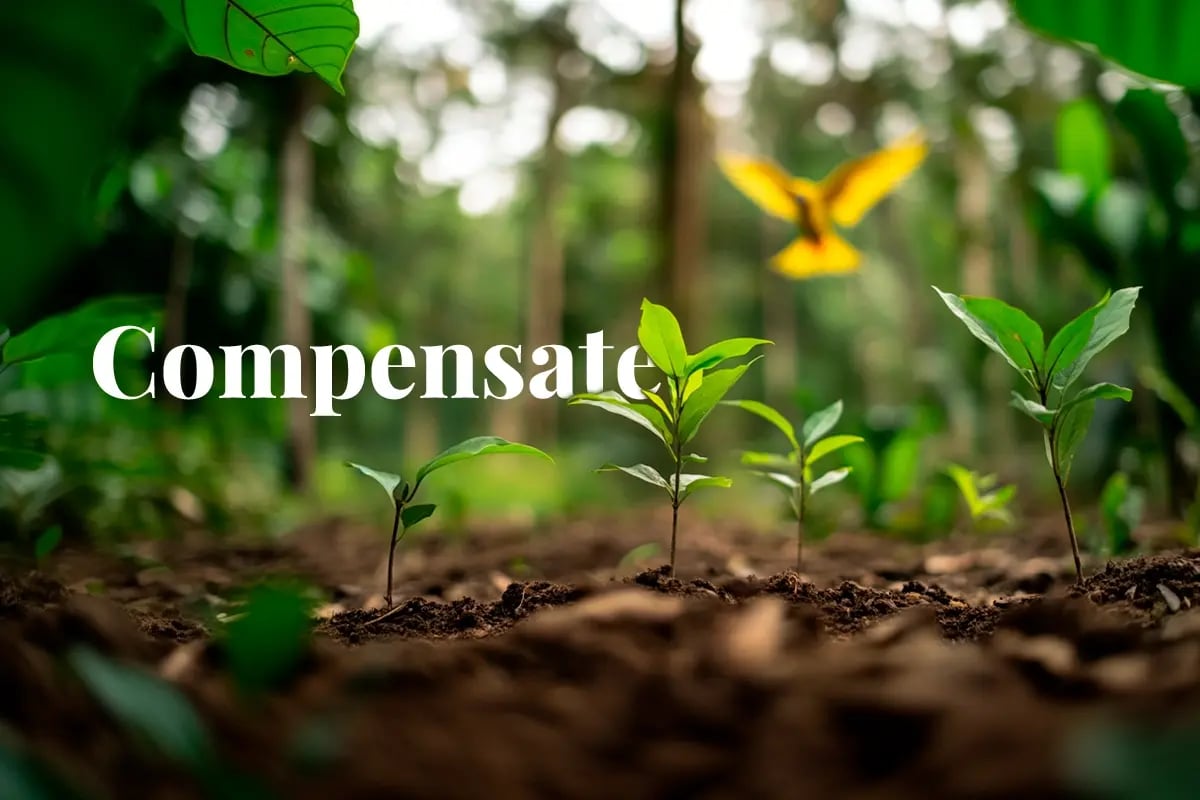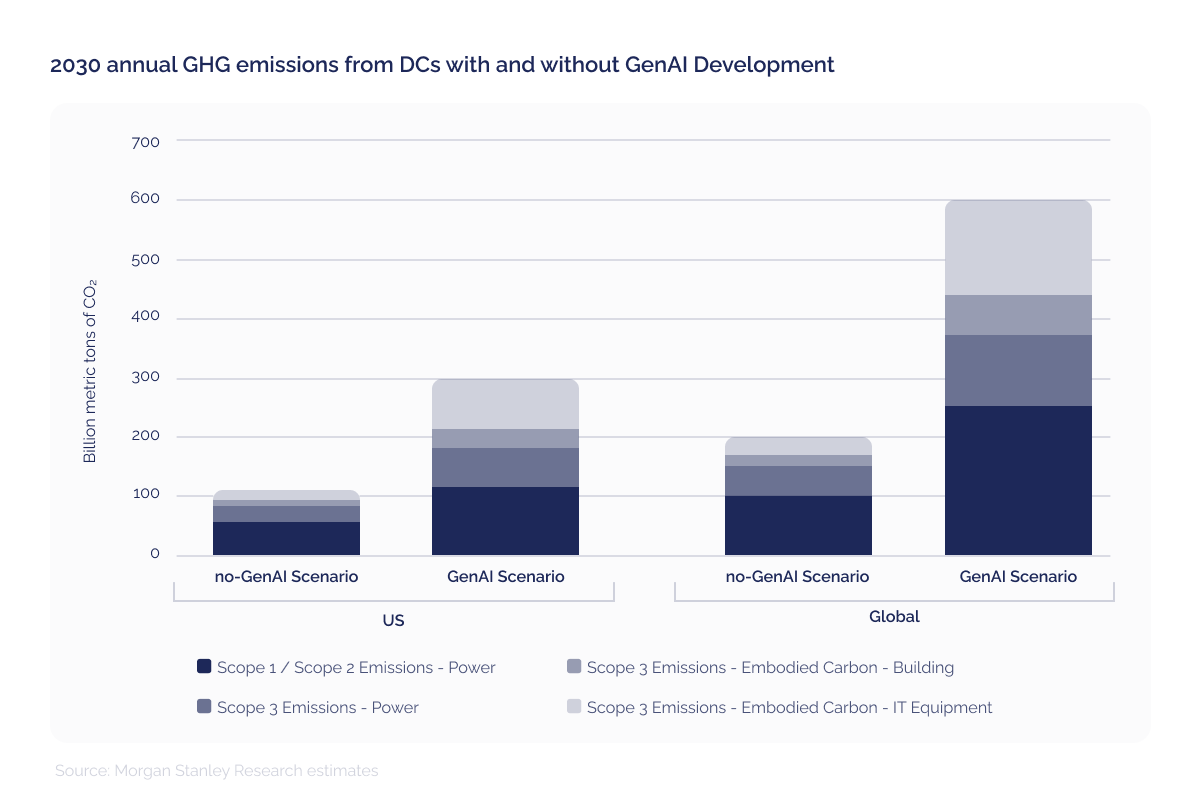Microsoft has taken a bold step toward sustainability by restoring degraded lands across the Amazon and Atlantic Forests. This decision secures 3.5 million carbon credits over 25 years, aiming to counteract the surging emissions driven by the rapid growth of artificial intelligence.
 Newly planted tree seedlings in Maranhão, Amazon, with the yellow parrot flying in the background. AI generated picture.
Newly planted tree seedlings in Maranhão, Amazon, with the yellow parrot flying in the background. AI generated picture.
The rise of generative AI has significantly increased energy demands, with data centres playing a central role in training and deploying these technologies. These facilities consume vast amounts of electricity, leading to a sharp rise in greenhouse gas emissions. Microsoft’s emissions have grown by 30% since 2020, primarily due to indirect emissions associated with building and expanding data centres. This expansion is part of the company’s $80 billion investment in AI infrastructure this year alone.
 2030 annual GHG emissions from DCs with and without GenAI Development.
2030 annual GHG emissions from DCs with and without GenAI Development.
Global forecasts highlight the challenge ahead. According to Morgan Stanley, emissions from data centres are expected to triple by 2030, reaching 2.5 billion metric tonnes annually. US data centre expansions could contribute an additional 200 million metric tonnes per year. Despite these challenges, Microsoft remains committed to achieving carbon-negative status by 2030, leveraging renewable energy and innovative solutions like carbon credits.
Read more: Greening the blueprint: Microsoft's 2030 carbon negativity roadmap
Through its partnership with Re.green, Microsoft is restoring 33,000 hectares of forest, replanting native species to enhance biodiversity and ecological balance. Since their collaboration began in 2024, over 4.4 million seedlings spanning 80 species have been planted on 11,000 hectares of degraded land. The latest initiative focuses on areas in Maranhão and Pará within the Amazon and regions in Bahia and Vale do Paraíba in the Atlantic Forest.
Re.green’s efforts aim to improve landscape connectivity, enabling better species flow, pollination, and genetic diversity. Microsoft’s commitment to ecological restoration, combined with its investments in AI infrastructure, underscores the company’s vision of harmonising technological innovation with environmental stewardship. As AI continues to advance, projects like these offer a pathway for sustainable growth while addressing the environmental challenges posed by energy-intensive technologies.
Read more: Powering AI responsibly: the role of carbon compensation
At DGB Group, we are committed to supporting businesses and individuals in addressing their carbon footprints through impactful nature-based solutions. By restoring ecosystems and planting trees worldwide, we ensure that every investment in carbon compensation contributes to a healthier, more sustainable planet. As seen in initiatives like Microsoft’s commitment to large-scale reforestation projects, nature-based solutions can effectively balance emissions while driving positive environmental and socio-economic outcomes. Partner with DGB today and make a tangible difference in creating a greener future. Are you ready to take action? Discover how we can help you start compensating for your carbon footprint.





